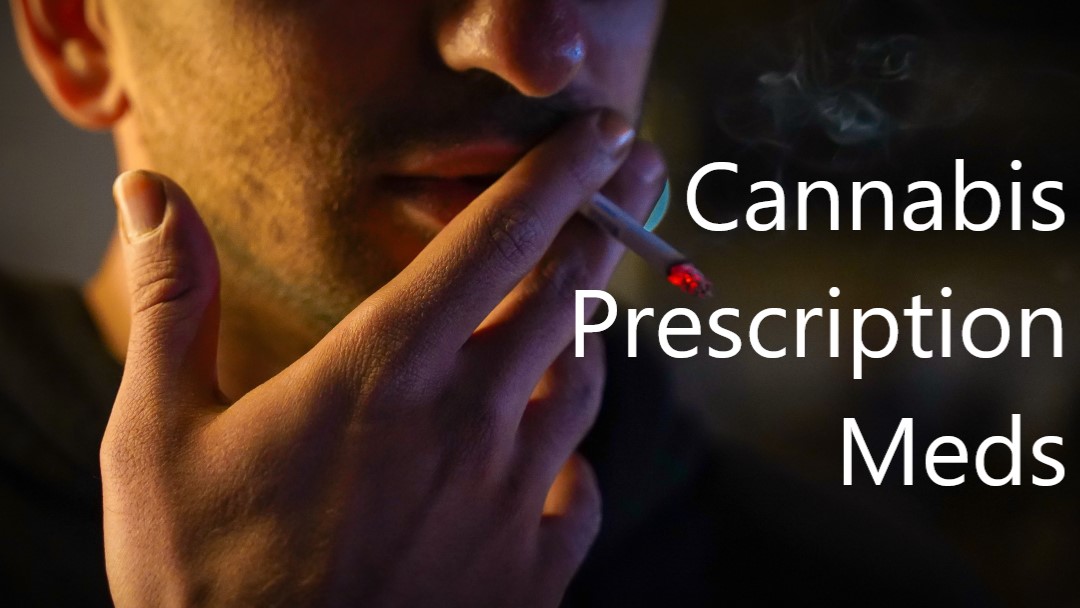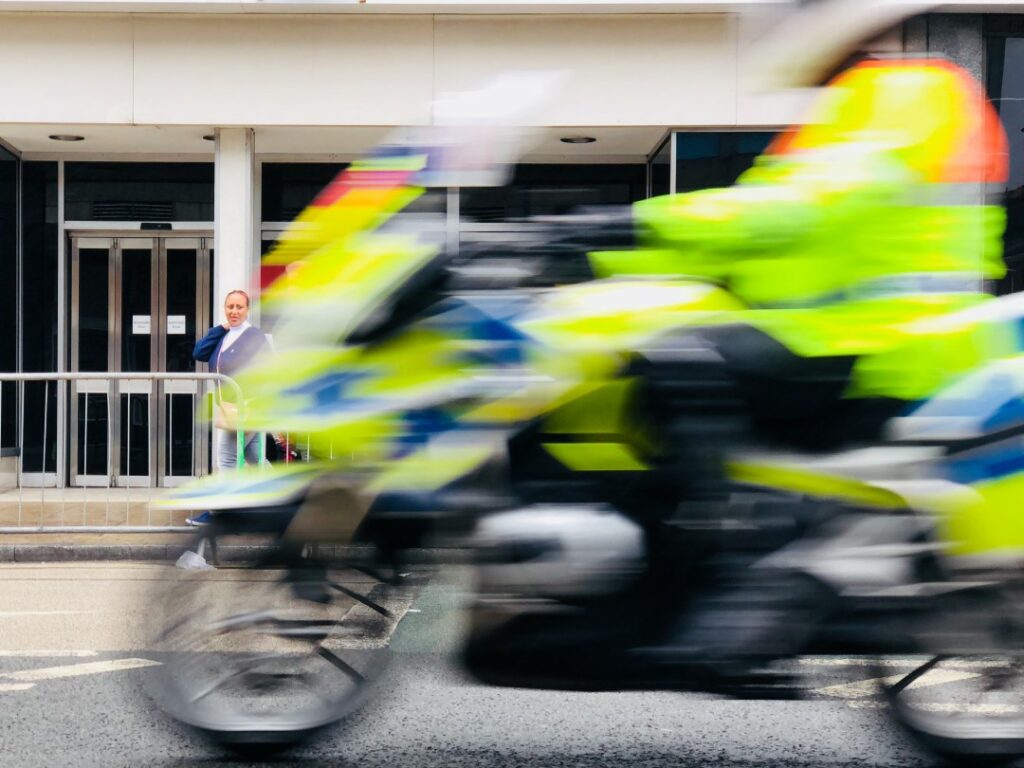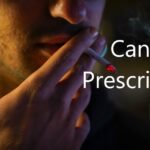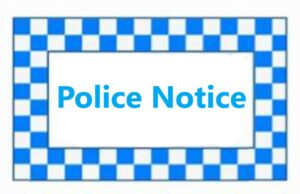Your cart is currently empty!

Cannabis and Driving Defences
Cannabis and Driving Defences
Do you know what to do if you get pulled over by the police?
There appears to be an increase in the number of medical cannabis users being pulled over by the police and subjected to discrimination and ignorance by the police. This causes unnecessary harm to often already vulnerable people and the stress causes an increase in severity of symptoms for the patient, and it doesn’t end there.
It often takes several months for the blood test results to be analysed, following a letter through the door, informing the patient is being charged with an offence that they already have a medical defence to.
The court cases that Seed our Future have been supporting are all despicable examples of unlawful abuse of power by both the police and the Crown Prosecution Service who scramble to search for technicalities and evidence that doesn’t exist, all in the pursuit of ensuring a prosecution.
I’m currently working on several cases at the moment (both people with and without prescriptions) and it’s got to the point where I’m being contacted weekly with new cases.
To date, all of the cases I’ve supported for patients with prescriptions have had a 100% success rate and I have prepped them all to represent themselves in court. I’ve had mixed results with those without prescriptions.
I’ve now found the reasons that ‘legal’ patients are being hauled into the courts and I’ve also identified all of the defences, including some new ones.
Although these breakthroughs are exciting, it is still upsetting to see so many patients who are discriminated against by society and authorities for their choice of medicine, having to repeatedly attend court for no reason and as there is a limit to how many people I can support at once.
I decided to write a book on the subject so that both cannabis users with prescriptions and those without can understand the law, know what do if stopped, understand the possible defences and have strategies on how to represent themselves in court. The book will be available in the New Year but for now, here’s a sample from the book, including a ‘Notice for Police’ for those with a prescription.
Print it out, keep it in your vehicle and make sure you have your prescription and a photo of your meds labels.
For those without a prescription, if you suffer from anxiety, severe stress or panic attacks, have an autistic spectrum disorder or a needle phobia (ideally you would have some evidence to back this up such as medical notes), and when the police ask you to provide blood for analysis, if this too much for you, you have a ‘reasonable excuse’ in law to refuse the blood test. For a Section 5A offence (exceeding the specified level of THC), the prosecution relies entirely on the blood sample but you will be charged with a Section 7 offence (fail to provide a specimen for analysis) but the prosecution have to prove, ‘beyond reasonable doubt’ that you don’t have a medical ‘reasonable excuse’ to refuse.
Download the ‘Notice for Police’ at the bottom of this page, it supersedes our ‘Statement of Fact’ document released earlier in the year and is a bulletproof document that should prevent the police from even making an arrest.
Guy.
Medical Cannabis and Driving:
The recent change in legislation for medical cannabis prescriptions has caused great confusion to many police officers defence and prosecution solicitors and even judges as they are used to processing drivers who are either over the limit for illicit drugs (usually not prescribed) or medical patients who are over the limit for prescribed drugs.
Securing evidence of exceeded limits in blood samples is their standard evidential process that they rely on in securing a conviction and they have become comfortable and reliant on this process.
Few officers have been trained in conducting Field Impairment Tests to provide evidence of impairment since the change in legislation in 2015 and more concerning, many police officers are not aware that legal medical cannabis prescriptions exist in the UK, especially considering cannabis contributes to approx. 75% of all drug-related investigations in England and Wales.
For Sections 6 and 7 of the Road traffic Act 1988, it is a criminal offence to refuse or fail to provide a preliminary sample (swab – Section 6) or a sample for analysis (blood – Section 7) without a reasonable excuse. Often, the reasonable excuses used to avoid prosecution are medical reasons (mental health reasons (extreme stress and confusion) or needle phobias) but in the case of medical cannabis patients, potential new reasonable excuses exist.
The Patient
Once a patient has explained that they are legally prescribed cannabis and use it daily and they have provided evidence of this (prescription), there is no reasonable reason for an officer to insist on a roadside swab to be used and the fact that they have provided evidence that they legally use cannabis, this is a reasonable excuse to refuse a swab from being taken.
Furthermore, unless the officer has a reasonable suspicion that the driver is impaired and that they conducted a FIT test which they believe identifies evidence of impairment, there is no reasonable suspicion of a criminal offence, no lawful justification to arrest the driver and no reason to insist on a blood sample which will inevitably show over the zero-tolerance limit and have no purpose as evidence due to the statutory medical defence under Section 5A of the Act.

The above explanation shows that Section 5A of the Act is not fit for purpose when it comes to medical cannabis patients as there is little chance of securing a conviction. Only Section 4 of the Act is a suitable route for prosecution, and this requires evidence of impairment, and this must be collected before progressing to arrest and/or preliminary tests and blood tests.
If the police do not have reasonable justification for arrest (a suspicion that a criminal offence has occurred) and evidence procedures (PACE) have not been followed, the arrest is unlawful, and any subsequent detention is false imprisonment.
Finally
It is important to know that if the police do not follow procedures correctly or they make an unlawful arrest, the case will be dropped as there will be ‘no case to answer’.
It is strongly recommended that you print this document and keep it in your motor vehicle with a copy of your prescription and a photo of the labels on your medicines (make sure the labels on your medication state: Do not drive if impaired or similar).
It is good practice, and it is lawful for you to film your encounters with the police. If you have your phone with you, record the interactions as this could provide essential evidence for your defence or if you intend to take civil action against the police in the future. The police may do the same as many have bodycam equipment on their person



Leave a Reply